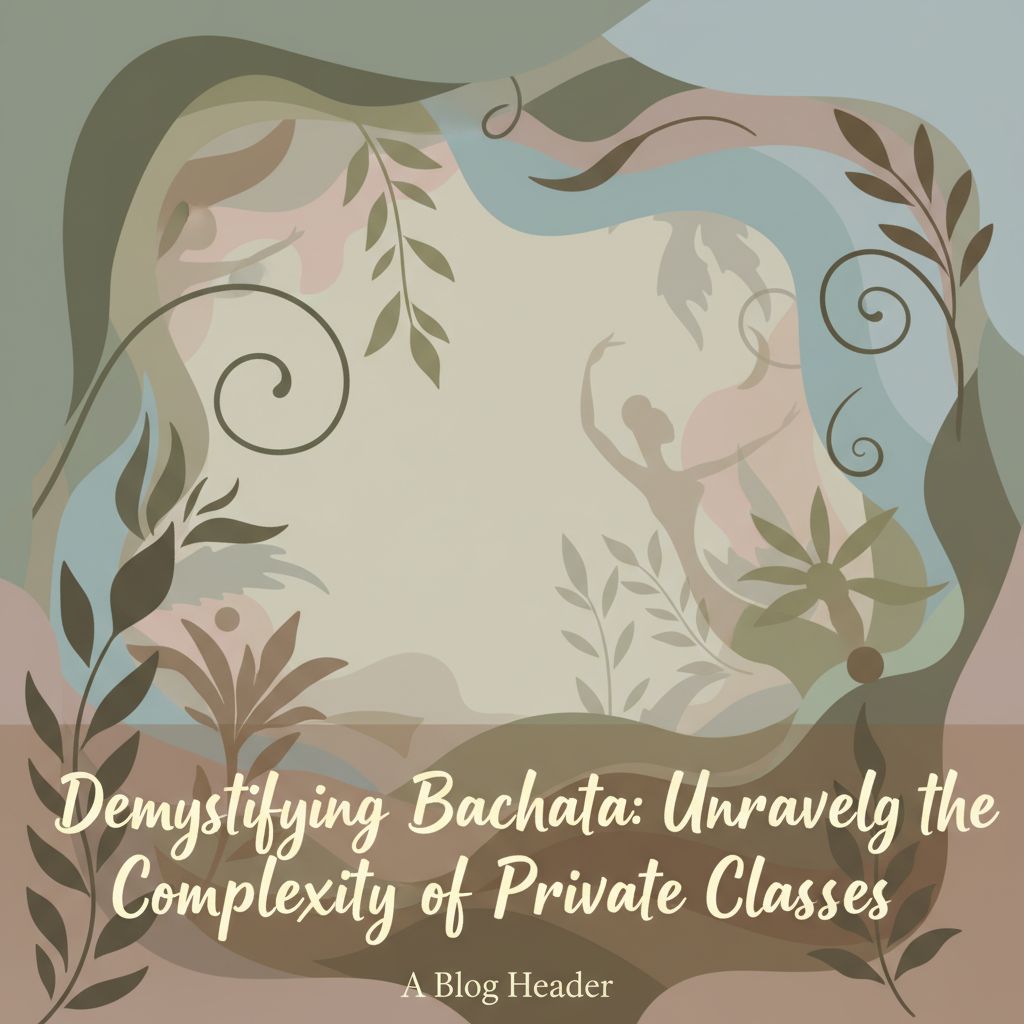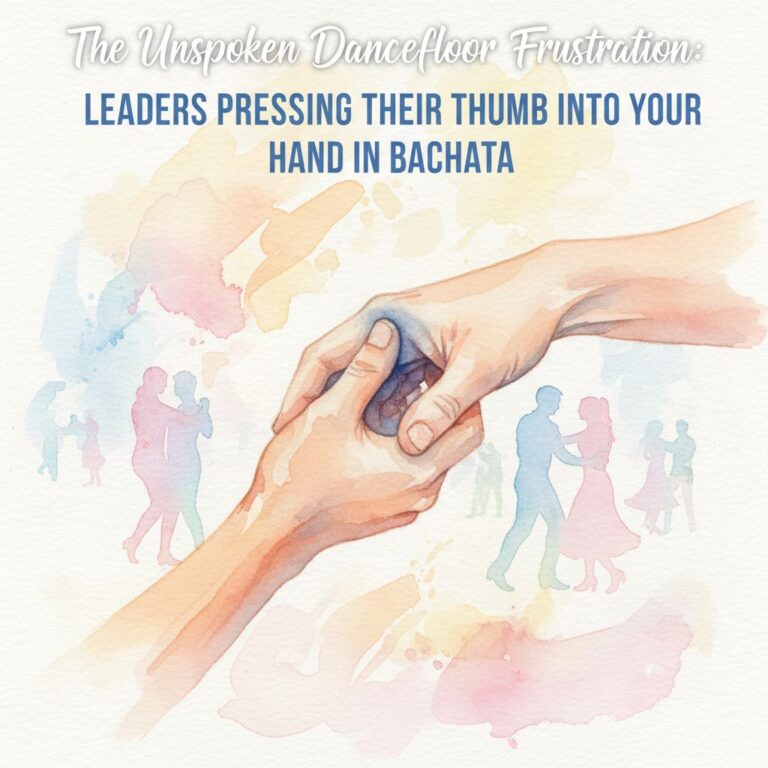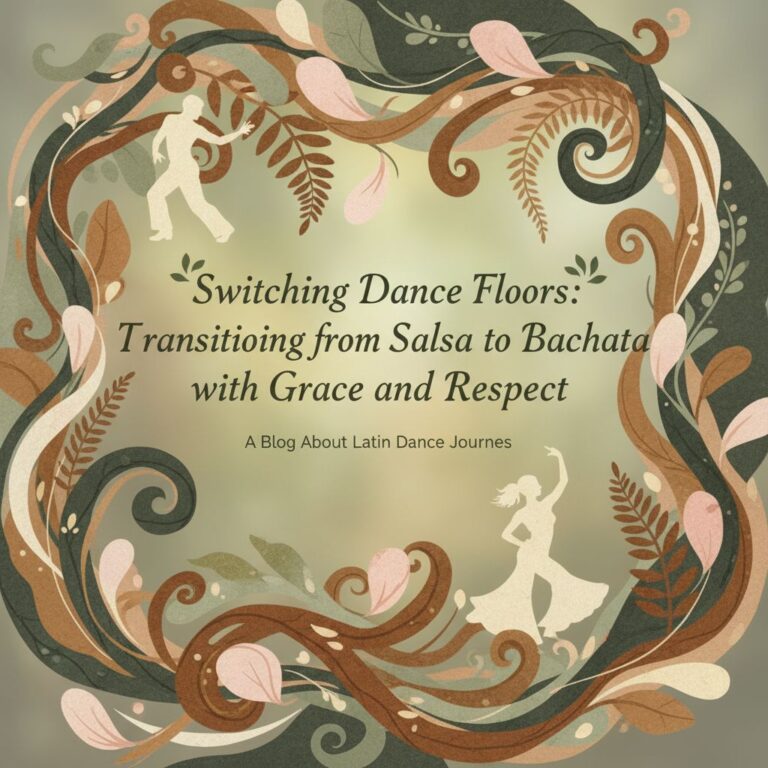Understanding the Role of Private Classes
Let’s get one thing clear from the onset—private classes are a critical part of the journey of any aspiring bachata dancer. They offer tailored instruction, personalized feedback, and an intimate setting to practice new moves. However, they can also introduce a level of complexity that can seem overwhelming, especially when you’re new to the game.
Take solace in knowing that it’s perfectly normal to feel overwhelmed, but also remember that it’s an integral part of the learning curve. As the saying goes, “Nothing worth having comes easy.”
Embracing the Critiques
In private classes, you’re under the microscope. Every move, every twirl, every step is scrutinized. This can sometimes come off as harsh or discouraging, but it’s essential to remember that it’s not personal—it’s professional. Your instructor’s goal isn’t to belittle your efforts, but rather to help you identify areas for improvement and work on them.
Seeing critique as a positive, rather than a negative force, is a mindset change that can make a world of difference in your bachata journey. Also, remember to give yourself credit for your progress, no matter how small it seems.
Striking the Balance: Leading and Following
Perhaps one of the most challenging aspects of mastering bachata is striking the right balance between leading and following. Too strong a lead can come off as aggressive, too weak and you risk confusion. Perfecting this delicate balance can seem like a daunting task, but it’s not an impossible one.
One thing to keep in mind is that leading isn’t just about physical force—it’s about clear communication. When you lead, you’re telling a story, and your dance partner is your co-narrator. It’s not about overpowering them, but rather guiding them, and allowing them to add their own flair to the narrative.
Rediscovering the Basics
When you’re caught up in the complexity of private classes, it’s easy to lose sight of the basics. But, here’s the kicker—mastering the basics is a prerequisite for mastering complex moves.
So, don’t be disheartened if you find yourself struggling with the basics, even after you’ve been at it for a while. Instead, see it as an opportunity to hone your foundation and build upon it.
Is Bachata Really for Me?
After a string of challenging private classes, you may find yourself questioning whether bachata is really your thing. And that’s okay. It’s okay to question, and it’s okay to doubt. What’s important is that you don’t let these doubts consume you.
Remember, learning is a process, and every process has its ups and downs. If your passion for bachata still burns bright, then don’t let a few roadblocks dim your flame. Keep pushing, keep practicing, and most importantly, keep dancing.
One last piece of advice—don’t lose sight of the joy of dance amidst the challenges. After all, the fundamental purpose of dance isn’t to perfect every move, but to express yourself freely, and find joy in the rhythm and the connection with your partner.
Conclusion: The Bachata Journey
The journey to mastering bachata is definitely a complex one, filled with challenges and hardships. But, it’s also a journey filled with the joy of self-expression, the thrill of mastering a move, and the beauty of shared rhythm. Embrace the complexity, the critiques, and the challenges—they’re all part of the beautiful dance called bachata.







